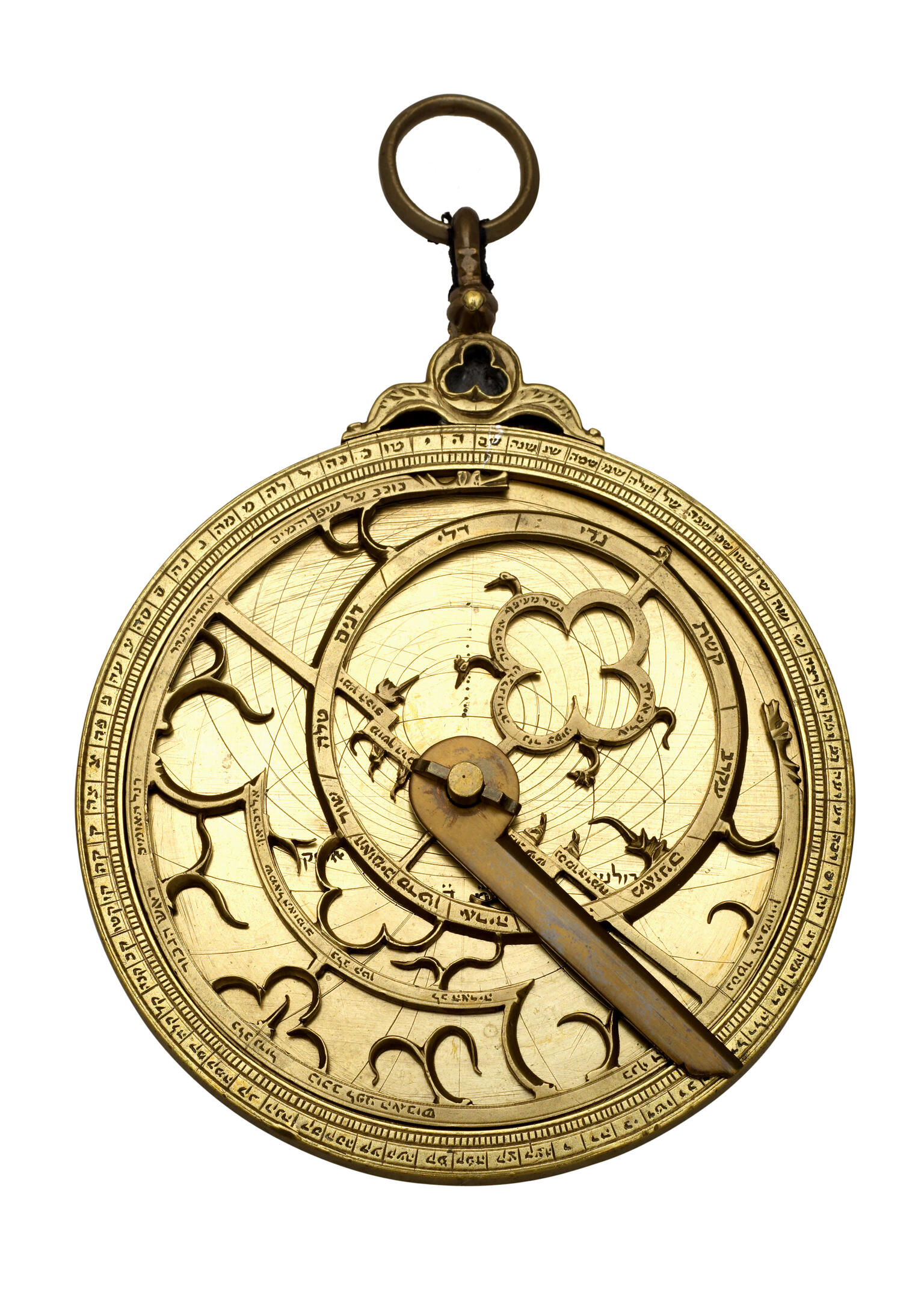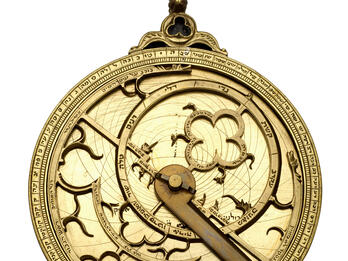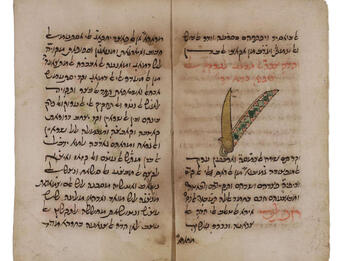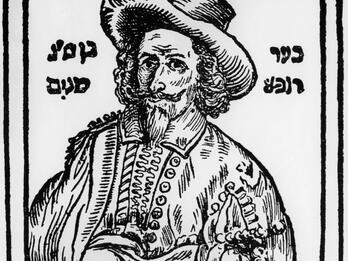Fasciculus trium verarum propositionum astronomicae, astrologicae et philosophicae ([Compilation] of Three True Propositions: Astronomical, Astrological, and Philosophical)
To the Most Serene Great Prince of Etruria, Hero and Admirable Man, Cosmo the Third
To the Most Serene Great Prince.
In this era of ours, Most Serene Great Prince, when the various branches of knowledge are considered to be already perfect and at their peak, our three propositions have become well known to everyone: the first one dealing with astronomy, the second with astrology, and the third with the process of understanding, which is the theory of knowledge. In our first three works we demonstrate the truth of these propositions thoroughly and at length; moreover, we published them first in verse, and led by some unknown destiny, we dedicated them to one Great Prince and Admirable Man hitherto unknown to us, for in 1622 we published Vera mundi compositio under the auspices of D. Balthasar de Cuniga, but dedicated to the Great Prince, as one can see from the work itself. That book sets forth our proposition on astronomy, in which we presented a true system of the universe opposed to the ideas of Aristotle. We posit that there is only one movement in the stars, from east to west around the immobile earth, and we exclude Aristotle’s fifth essence from the heavens. This argument is more extensively proved in our first work, and in the theory of our astronomical tables.
The three volumes of Foetus astrologicus set out our second proposition, dealing with astrology (it is demonstrated more extensively, both philosophically and politically, in volume 2 of Regnum astrorum reformatum). We dedicated those three volumes to Galileo, who had them printed in Rome in 1626, and we brought out a second edition at Hamburg in 1643 as a preliminary to our other works. This edition, although printed under the auspices of D. Franciscus de Mello, we nevertheless dedicated to the unnamed Admirable Man and Great Prince, as one can see from the book itself.
The third proposition deals with the true origin of the sciences. It shows both that they are derived from the traditions of our ancestors, and that perception comes from external things into the mind, which is not a blank slate, as Aristotle claimed, but already carries the elements of all branches of knowledge, as Plato more correctly theorized. This idea (it appears more extensively in our third work) is set forth in the Carmen intellectuale, which was printed in Amsterdam in 1639 and dedicated as well to the hidden Great Prince.
Most certainly, after some fate brought us to Italy, we plainly recognized in Your Most Serene Highness everything that goes to create a Great Prince and Admirable Man: the stars under which you were born, your character replete with all the virtues, and your very name, since names correspond to the things they denote. At once we completely understood that Your Most Serene Highness was the very same Great Prince and Admirable Man to whom we had dedicated such efforts. So now, having collected them into one volume, we offer them again to Your Most Serene Highness, in your own person, and declare that all those things we dedicated before to an unnamed person now belong to you, known by name as Our Great Prince and Admirable Man. Humbly, then, and on bent knees, we strenuously beg Your Most Serene Highness to dignify this volume of the three Propositions named above by kindly accepting it as your own, along with the newly added Book 4 of Foetus astrologicus. The stars declare that Your Most Serene Highness will be that Admirable Man, and so the universe will show immense gratitude to Your Most Serene Honor, because at that time our mathematical, philosophical, and medical work will finally be able to appear in public with appropriate honor. May God Most Good and Great find it fitting to preserve Your Most Serene Highness, and your distinguished parents, long among us, safe, prosperous, and perfectly blessed.
I write this in Florence at the autumn equinox of the year 1653 of the common era.
The most humble servant of Your Most Serene Highness,
Immanueles B. F. T. Rosales
Credits
Immanuel Rosales (i.e. Jacob Rosales), Fasciculus trium verarum propositionum, astronomicae, astrologicae, et philosophicae, ([Compilation] of three true propostions: astronomical, astrological, and philosphical), auctore Immanuele B.F.Y. Rosales Hebraeo med. doct. S. Rom. Imperij ... (Florence: Typis Francisci Honuphrij, 1654), 2a–2b.
Published in: The Posen Library of Jewish Culture and Civilization, vol. 5.







